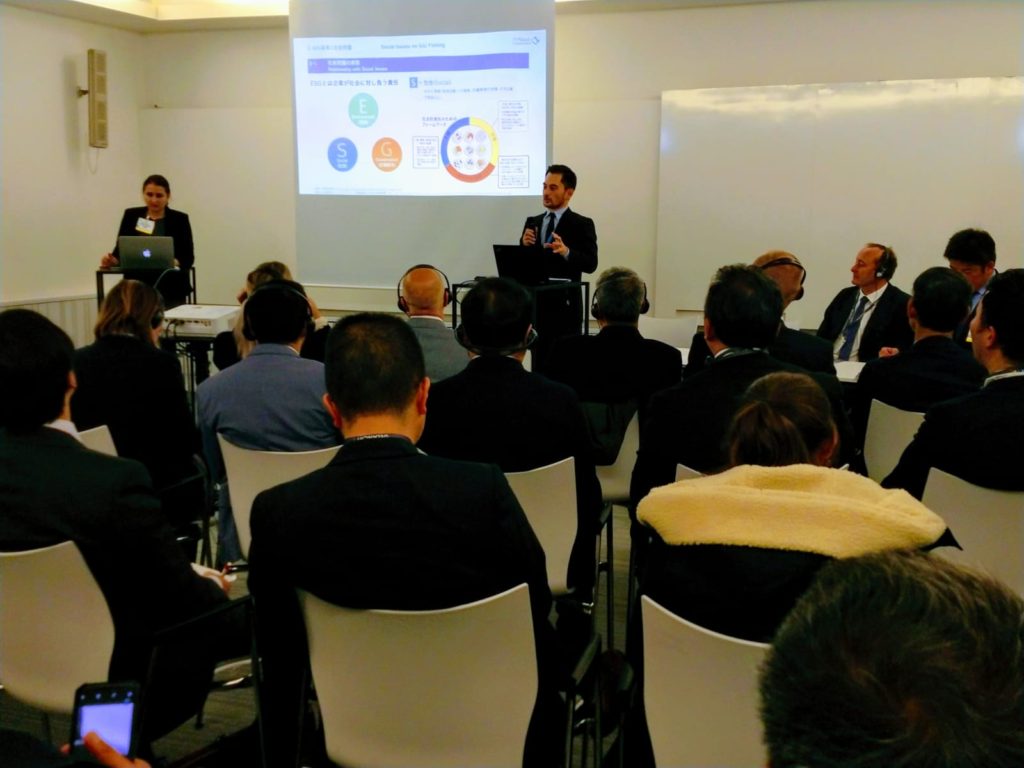The largest Seafood Expo Global to date is taking place this week in Brussels. Thousands of seafood industry professionals from around the world are in attendance, along with other key stakeholders including governments. It is therefore a fantastic opportunity to highlight the issue of illegal, unreported and unregulated (IUU) fishing, promote best practices, and reiterate the benefits of combating IUU fishing for the entire fishing industry.
The EU IUU coalition, in collaboration with Seafood Legacy Co., Ltd, are hosting a small working seminar at the Expo today. The event will bring together policy makers and industry representatives from Japan (the third largest seafood importer in the world after the European Union and USA), the European Union, and Thailand. Representatives from these market states will highlight the extent of the problem, and the work that has been done so far to address the issues and protect their market from the import of illegally-sourced seafood products. In particular, we expect to hear how the European Union has improved the traceability of fish and fishery products entering its market, and the recent launch of the CATCH database, a new IT system shared by all EU Member States for the digital processing of catch certificates, processing statements and import declarations. We envisage Thailand’s Department of Fisheries discussing the recent Thai fisheries policy reforms to combat IUU fishing.
The overall aim of the event is to demonstrate the importance of combating IUU fishing, and the associated benefits for the fishing industry and the integrity of their supply chains. Speakers from Europeche (a representative body for fishermen in the European Union) and METRO AG (a global wholesale company) will be highlighting these benefits. The support of the private sector is critical to the effectiveness of market states efforts to block the import of IUU products and increase traceability. In 2017, the EU IUU coalition worked with retailers, processors and other NGOs to develop detailed recommendations in the form of a Code of Practice (PAS 1150:2017) to support the industry improve their due diligence systems against illegally-sourced seafood products. We hope that these insights from the European industry will further demonstrate the value of seafood traceability and anti-IUU measures to the Japanese counterparts.
See the seminar programme here.

